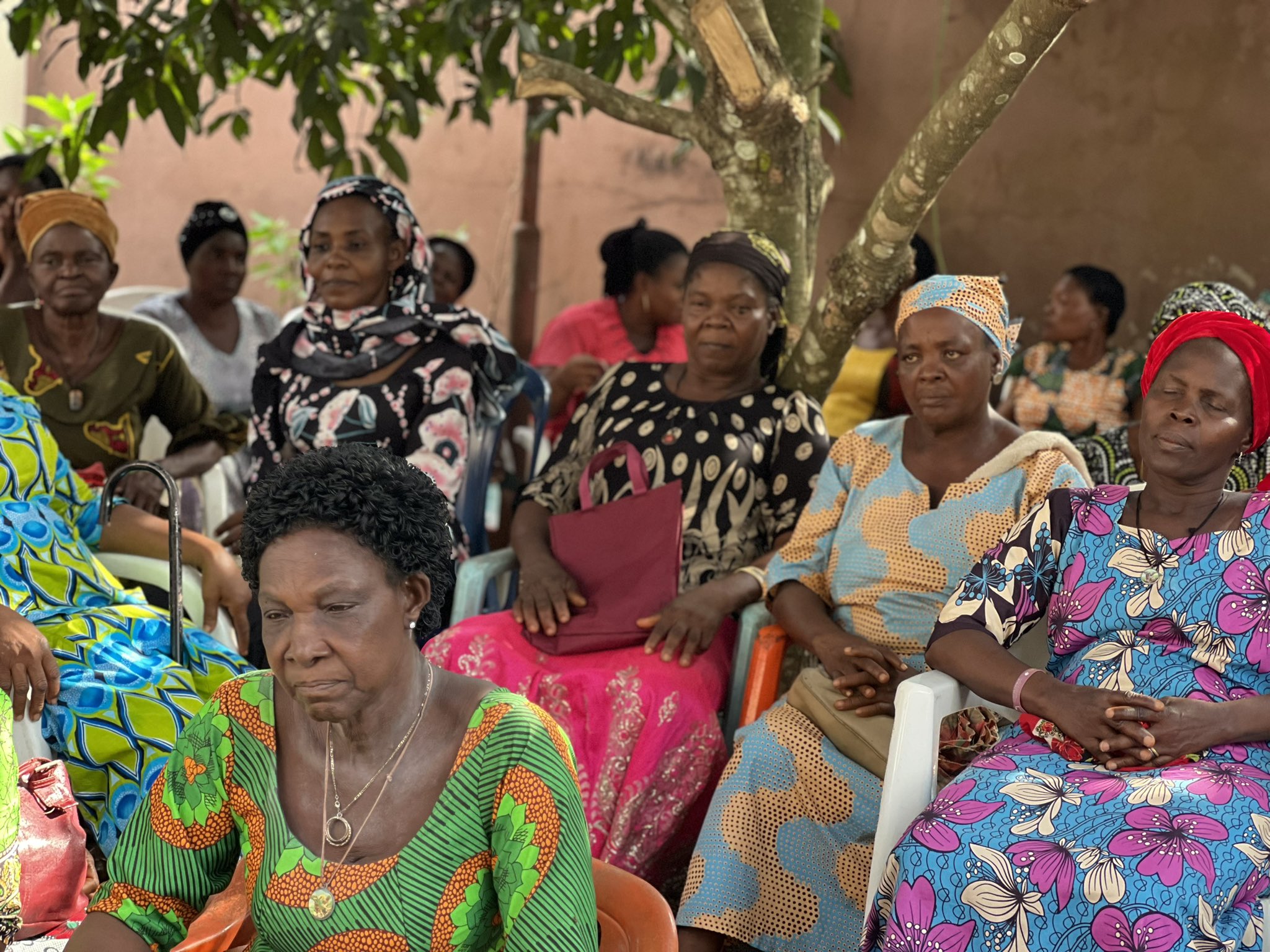Sadaqah, derived from the Arabic word for ‘righteousness,’ holds immense significance in Islam as a form of voluntary charity. Mentioned in over 50 places in the Qur’an, its importance to Muslims cannot be understated. Acts of Sadaqah encompass various charitable deeds, including donating money to a charity or local food bank, feeding a hungry or fasting person, providing water to a thirsty animal, and even the simple act of smiling, which is considered Sunnah. However, there is a distinction to be made between Sadaqah and Sadaqah Jariyah. While both are voluntary acts of charity, Sadaqah Jariyah offers ongoing and sometimes everlasting rewards. Examples of Sadaqah Jariyah include teaching someone the Qur’an or knowledge of Islam, planting a tree whose benefits extend to people and animals, and other impactful deeds that continue to benefit others long after they are performed. The Prophet Muhammad (peace be upon him) emphasized the significance of Sadaqah Jariyah, stating that it continues to benefit a person even after their death. This form of charity, along with beneficial knowledge and virtuous descendants who pray for the deceased, are considered perpetual sources of reward. Giving Sadaqah can take various forms, including financial donations to reputable charities like Orphans in Need, which utilize contributions to alleviate the suffering of impoverished, struggling, and ill individuals worldwide. Sadaqah can also be expressed through non-monetary acts such as visiting the sick and elderly, helping neighbors, and contributing to community welfare initiatives. The virtues of Sadaqah are extolled in numerous hadiths, highlighting its role in extinguishing sins, providing shade on the Day of Resurrection, inviting Allah’s blessings, and warding off calamities. By participating in the Sadaqah Appeal with organizations like VOW-Voice Of Widows, individuals can contribute to the well-being of orphans, widows, and those in need, earning rewards and blessings as per Islamic teachings.
Empowering Widows: A Self-Help Program for Independence
Dr. Bilal Ahmad Bhat, the visionary founder of 28 Credentials of Entrepreneur (28COE), is on a mission to empower widows worldwide. With a deep conviction in the potential and resilience of widows, Dr. Bhat believes that providing them with the tools, skills, and support they need can lead to transformative changes in their lives. Through initiatives like Voice of Widows (VOM), Dr. Bhat is making a significant impact on the global stage by championing the cause of widows’ independence and autonomy. Recognizing the Challenges Faced by Widows Widows often find themselves in vulnerable and challenging circumstances following the loss of their spouses. They may encounter financial difficulties, lack of social support, and limited access to opportunities for personal and professional growth. These challenges can be particularly daunting for widows who have not been equipped with the skills or resources to navigate life independently. The Importance of Autonomy and Independence Dr. Bilal Ahmad Bhat firmly believes that empowering widows to become self-reliant and independent is crucial for their well-being and success. By fostering autonomy, widows gain a sense of control over their lives, make informed decisions, and pursue their aspirations with confidence. This shift from dependency to self-sufficiency not only benefits individual widows but also contributes to the overall empowerment and advancement of widowed communities. The Self-Help Program for Widows The self-help program designed by Dr. Bilal Ahmad Bhat and the team at 28COE focuses on equipping widows with essential skills, knowledge, and resources to thrive independently. Key components of the program include: Skills Training: Widows are provided with training in various vocational skills, such as tailoring, handicrafts, computer literacy, entrepreneurship, and more. These skills not only enhance their employability but also enable them to start their own businesses and generate income. Financial Literacy: The program emphasizes financial education and management, teaching widows how to budget, save, invest, and plan for their future financial stability. Emotional Support: Widows receive emotional support, counseling, and peer mentoring to cope with grief, build resilience, and develop a positive mindset for personal growth. Community Engagement: The program encourages widows to participate in community activities, social networks, and advocacy initiatives, fostering a sense of belonging and collective empowerment. Impact and Success Stories Through the self-help program and initiatives like Voice of Widows (VOM), Dr. Bilal Ahmad Bhat has witnessed remarkable transformations in the lives of widows. Many widows who have participated in the program have gone on to become successful entrepreneurs, skilled professionals, and advocates for widowed rights. Their stories of resilience, determination, and empowerment serve as inspiration and motivation for others facing similar challenges. Global Outreach and Collaboration Dr. Bhat’s vision extends beyond borders, as he collaborates with organizations, governments, and stakeholders worldwide to expand the reach and impact of the self-help program for widows. By forging partnerships, sharing best practices, and leveraging technology and innovation, Dr. Bhat aims to create a global network of support and empowerment for widows in every corner of the world. Conclusion: Empowering Widows for a Brighter Future In conclusion, Dr. Bilal Ahmad Bhat’s self-help program for widows is a beacon of hope and empowerment. By focusing on autonomy, skills development, and community engagement, the program equips widows with the tools and confidence to lead fulfilling and independent lives. Through his visionary leadership and commitment to making a positive impact, Dr. Bhat is not only transforming the lives of widows but also reshaping societal perceptions and attitudes towards widowed individuals.


